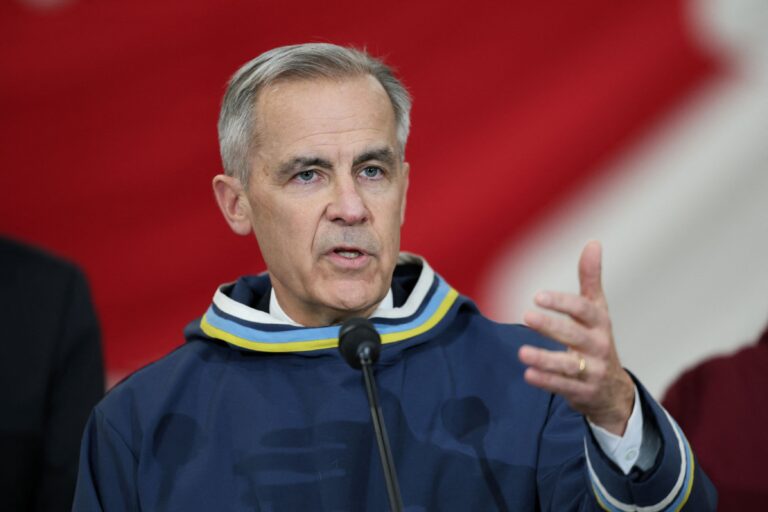Newly appointed Canadian Prime Minister Mark Carney has announced a snap federal election for April 28, saying he needs a strong democratic mandate to confront what he called an unprecedented threat from U.S. President Donald Trump.
Carney accused Trump of trying to “break Canada so America can own us,” marking a sharp escalation in rhetoric and highlighting the dramatic deterioration of U.S.-Canada relations—once defined by decades of close diplomatic and economic cooperation.
Originally scheduled for October 20, the federal election has been brought forward as Carney’s Liberal Party surges in the polls following the resignation of former Prime Minister Justin Trudeau and growing public concern over Trump’s aggressive trade and sovereignty threats.
Carney, who was sworn in as prime minister on March 14, had initially struck a conciliatory tone, expressing a willingness to work with Trump. But in a speech on Sunday, he adopted a far more forceful approach.
“We are facing the most significant crisis of our lifetimes because of President Trump’s unjustified trade actions and his threats to our sovereignty,” Carney told reporters.
After receiving formal approval from Governor General Mary Simon, King Charles III’s representative in Canada, to dissolve Parliament, Carney pledged to rally Canadians around a vision of economic strength and national security.
“President Trump claims Canada isn’t a real country. He wants to break us so America can own us. We will not let that happen.”
The White House has not responded to Carney’s remarks.
U.S.-Canada tensions have worsened sharply in recent weeks. On March 6, Trump delayed a planned 25% tariff on select Canadian goods by 30 days. However, he has already reinstated tariffs on Canadian steel and aluminum and has threatened further duties on dairy and lumber, which are scheduled to take effect on April 2.
Trump has also made provocative comments suggesting Canada should be treated as “America’s 51st state,” further inflaming public opinion north of the border.
Carney’s decision to call an early election is widely seen as a strategic effort to consolidate power and secure a clear mandate ahead of what could become a prolonged geopolitical standoff with the United States under Trump’s leadership.
With national sovereignty and economic resilience dominating the campaign, the April 28 election is shaping up to be one of the most consequential in modern Canadian history.



























